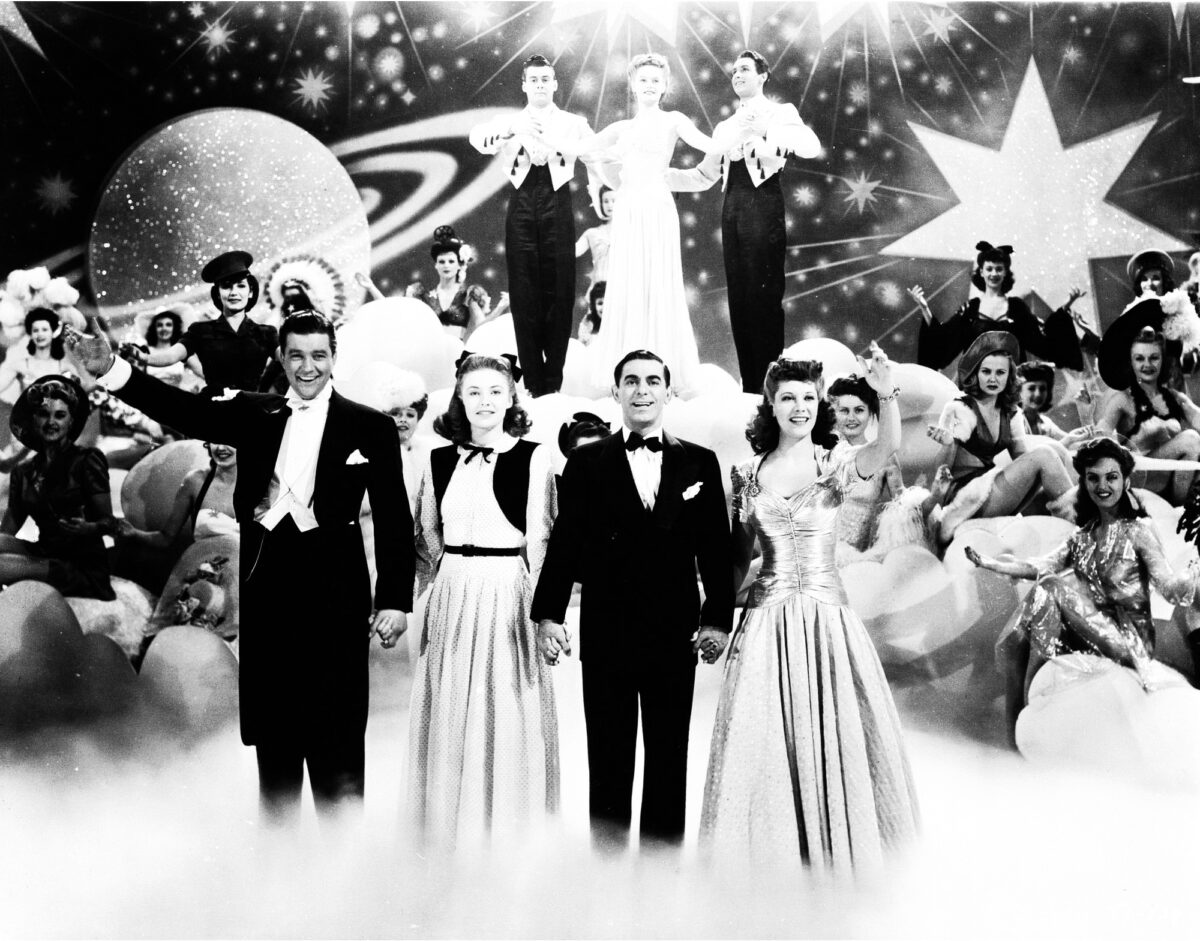Eddie Cantor (1892-1964) was megastar long before the dawn of television and the emergence of the digital era. A standup comedian, film actor, screenwriter, singer and songwriter, his star shone brightly from the 1920s until the 1950s.
He starred in a number of light-weight Hollywood movies, and one of them, Thank Your Lucky Stars — a 1943 Warner Bros. musical review which was recently broadcast on the Turner Classic Movie channel — added lustre to his resume.
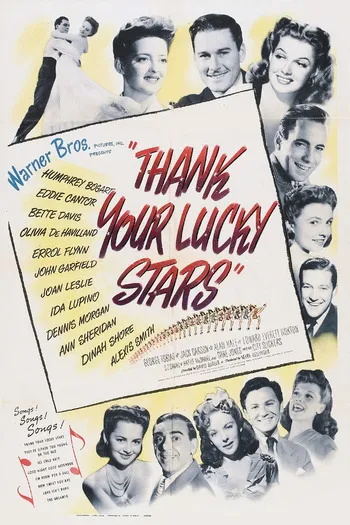
Here he plays two separate characters — a klutzy Hollywood tour guide who shows bedazzled tourists the palatial homes of movie stars, and a hard-driving, egotistical producer who’s called upon to assemble Cavalcade of Stars, a dazzling theater production designed to raise funds for the Hollywood Canteen.
A rest and recreation facility for members of the U.S. armed forces, it was founded by Bette Davis and John Garfield, both of whom appear in cameo roles. Some of Hollywood’s leading actors starred in this two-hour film, and each one donated his or her fee to the Hollywood Canteen.
Directed by David Butler and produced by Mark Hellinger, Thank Your Lucky Stars was released on October 2, 1943, when headlines on The New York Times’ front page blared that Naples had fallen to Allied forces and that U.S. aircraft had bombed Munich in a massive air raid.
By that point, the Germans had been defeated by the Red Army at the seminal Battle of Stalingrad and the tide of World War II had turned against Nazi Germany.

Cantor and his sidekick, the cherubic S.Z Sakall, a Jewish actor originally from Hungary, are the co-hosts of the glittering show. Dinah Shore, a Jewish chanteuse from Winchester, Tennessee, is the first performer on the stage. Shore, in her movie debut, belts out Thank Your Lucky Stars. It’s a fine performance that foreshadows what would be a highly successful stage, radio and television career.
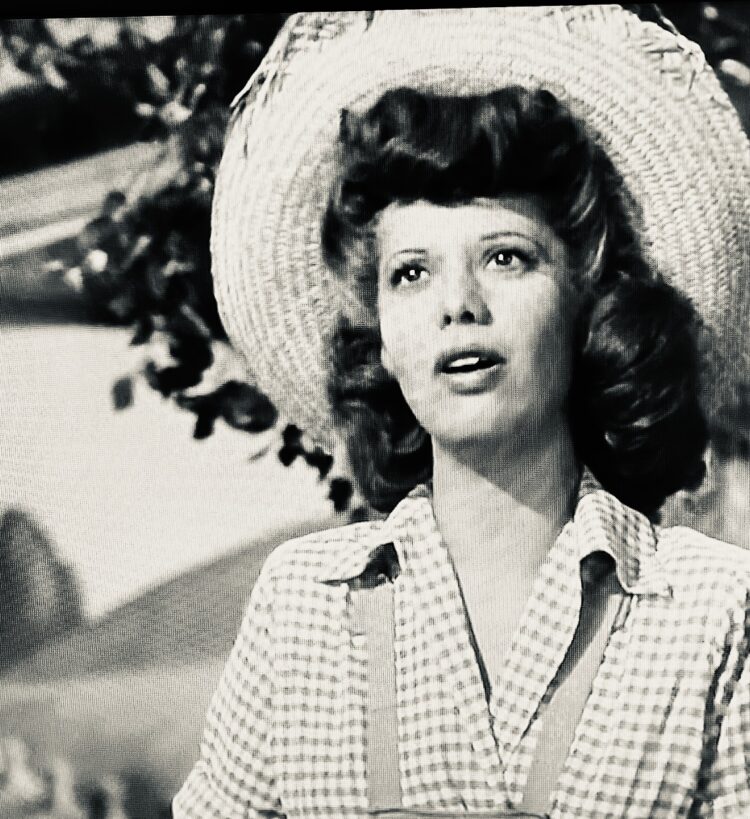
In the next segment, Cantor and Garfield, a Jewish heartthrob during Hollywood’s Golden Age who anglicized his surname to keep bigots at bay, sing and trade niceties and jokes.
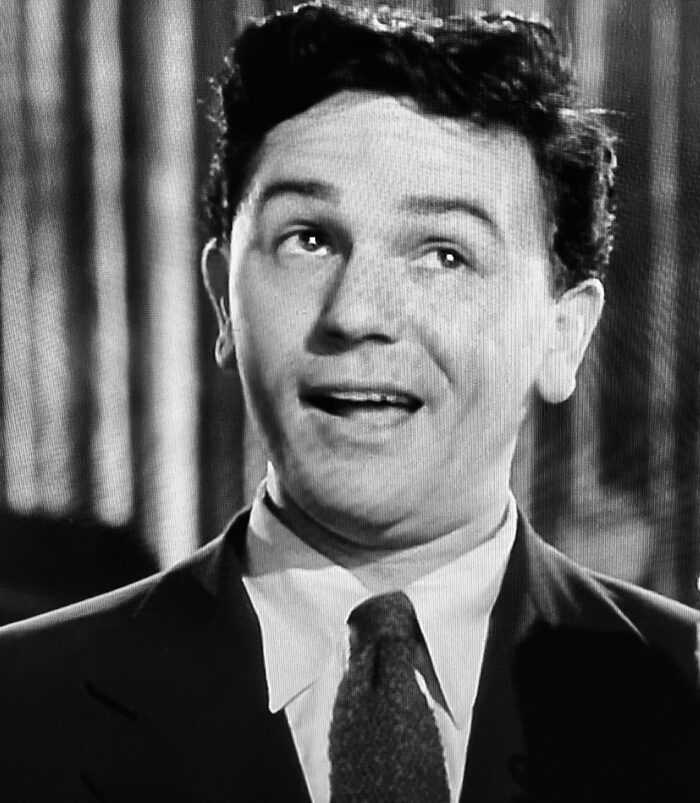
What follows is a sardonic exchange between Butler and Hellinger.
Humphrey Bogart, some of whose best roles were still ahead of him, turns up in uncharacteristic stubble and delivers a litany of self-deprecating comments.
Given its slapstick humor, the film brims with double takes. The actor Edward Everett Horton, in particular, excels in this brand of zany humor.
The script is heavy with deliciously 1940s vernacular. Phrases like “Break it up, boys” and “Oh, swell,” which vanished eons ago, emerge and reemerge.
Hattie McDaniel, the African American actress who portrayed a loyal maid in the 1939 classic, Gone With the Wind, appears briefly in a totally segregated scene.
Errol Flynn, the debonair bon vivant, turns up as an amiable sailor who sings his way through a fleeting scene.
Bette Davis, standing in front of a patriotic wartime poster inscribed with the uplifting words “One Thought, Victory, One Purpose,” sings a rousing song, “They’re Either Too Young Or Too Old.” She has an agreeable voice, but this would be her only appearance as a singer in a film.
Jack Warner, one of the principals of Warner Bros. Pictures, saunters by casually in a subsequent scene, a leering smile on his face.
As Thank Your Lucky Stars winds down, Alexis Smith, one of the the alluring faces of the 1940s, appears in an enchanting Latin American dance number.
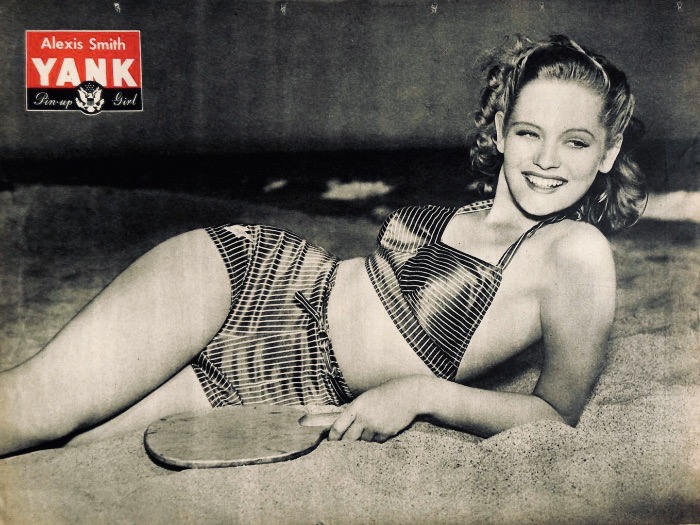
Cantor, wearing a tuxedo, signs off amid a bevy of beauties.
The film is at once campy and corny, which is exactly what it was intended to be — pure, unadulterated escapism during a global war. As an opiate for the masses, it strikes just the right note.
